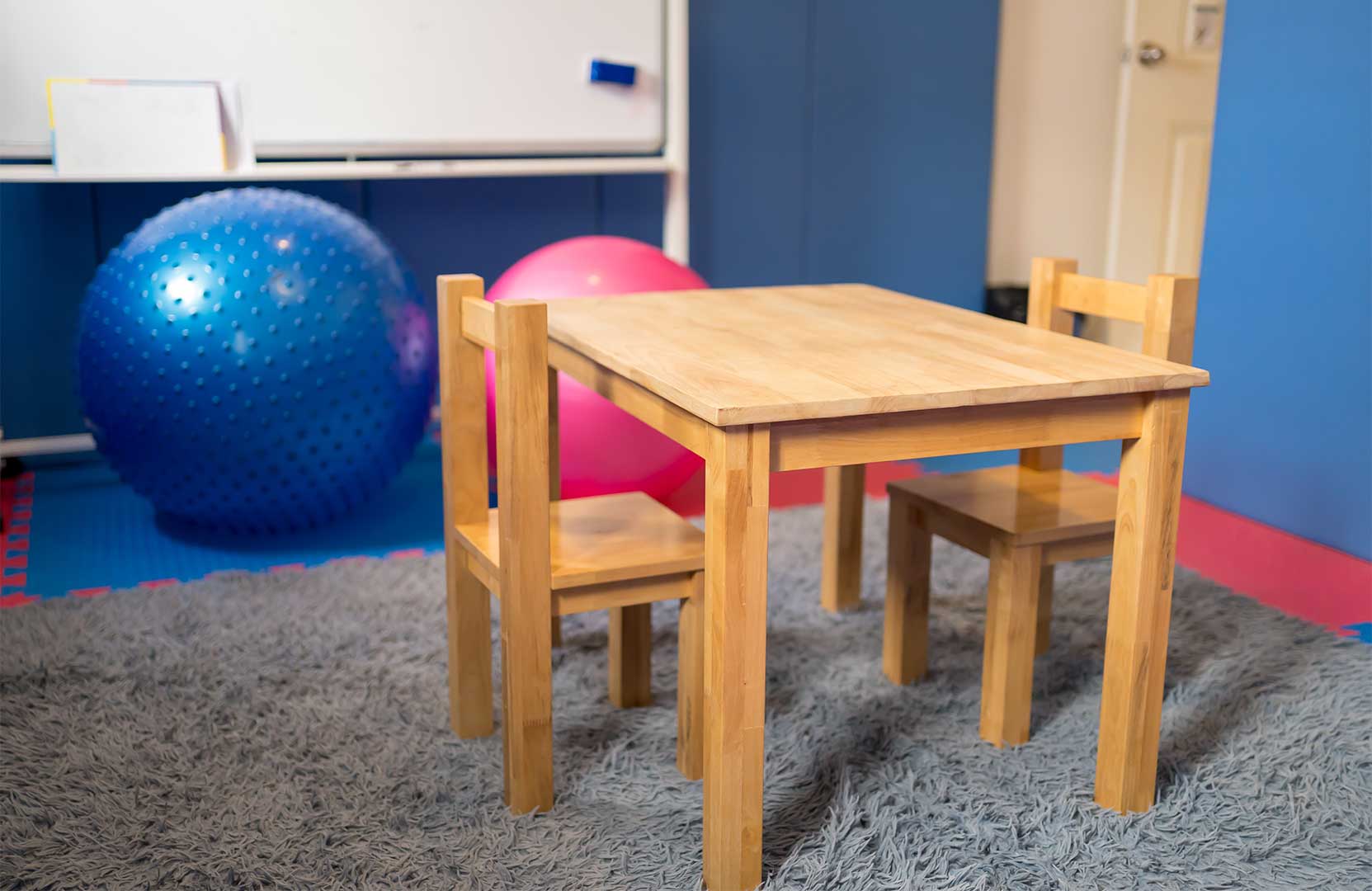Rett syndrome is a rare genetic neurological disorder that affects the development of the brain, causing a progressive loss of motor skills and cognitive function. It almost exclusively occurs in girls, affecting about 1 in 10,000 female births.
Rett syndrome is caused by a mutation in the MECP2 gene, which is located on the X chromosome. The MECP2 gene provides instructions for making a protein that is essential for brain development. When the MECP2 gene is mutated, the protein is not produced or is not produced properly, which leads to the symptoms of Rett syndrome.
Symptoms
The symptoms of Rett syndrome typically begin to appear between the ages of 6 and 18 months. Early symptoms may include:
- Slowed head growth
- Loss of hand skills
- Loss of language skills
- Loss of eye contact
- Irritability
- Seizures
- Breathing problems
As the disease progresses, children with Rett syndrome may experience additional symptoms, such as:
- Severe motor impairment
- Intellectual disability
- Communication challenges
- Scoliosis
- Gastrointestinal problems
- Sleep problems
Treatment
There is no cure for Rett syndrome, but there are treatments that can help to manage the symptoms and improve the quality of life for children and adults with the disorder. Treatment options may include:
- Physical therapy
- Occupational therapy
- Speech therapy
- Medications to control seizures and other symptoms
- Surgery to correct scoliosis or other medical problems
Research
Researchers are working to develop new treatments and a cure for Rett syndrome. Some promising areas of research include:
- Gene therapy to repair the mutated MECP2 gene
- Stem cell therapy to replace damaged brain cells
- Drugs to target the underlying mechanisms of the disease
Living with Rett Syndrome
Living with Rett syndrome can be challenging for both the child and the family. However, there are many resources available to help families support their child and manage the symptoms of the disorder.
Some helpful resources include:
- The International Rett Syndrome Foundation (IRSF)
- The Rett Syndrome Research Trust (RSRT)
- The National Rett Syndrome Association (NRSA)
These organizations provide support and information to families affected by Rett syndrome, and they also fund research into the disorder.
Rett syndrome is a rare and complex disorder, but there is hope for the future. Researchers are working to develop new treatments and a cure, and families affected by the disorder have access to many resources to help them support their child.
Additional Tips for Families and Caregivers
Here are some additional tips for families and caregivers of children with Rett syndrome:
- Create a supportive team. Having a team of professionals to help you care for your child is important. This team may include a doctor, neurologist, physical therapist, occupational therapist, speech therapist, and other specialists.
- Develop a communication system. Children with Rett syndrome may have difficulty communicating verbally. However, there are many ways to communicate nonverbally, such as using eye gaze, gestures, and picture boards.
- Provide opportunities for socialization. It is important for children with Rett syndrome to have opportunities to socialize with other children and adults. This can help them develop social skills and feel connected to the world around them.
- Be patient and understanding. It is important to be patient and understanding with children with Rett syndrome. They may learn and develop at a slower pace than other children, and they may need extra help with daily activities.
- Celebrate your child’s accomplishments. It is important to celebrate your child’s accomplishments, no matter how small they may seem. This will help them feel good about themselves and boost their confidence.
Rett syndrome is a challenging disorder, but it is important to remember that you are not alone. There are many resources available to help you support your child and manage the symptoms of the disorder.
Find out if your child needs extra support today!
- My child screams hysterically
- My child is mean to other children
- My child is always worried
- My child is scared to go to school
- My child is scared of loud noises
- My child doesn’t know how to read
- My child is scared to play outside
- My child does not respond to his name
- My child always gets in trouble
- My child fights with other children
- My child doesn’t know how to count
If you are concerned about your child’s development, contact us for Assessments: Phone/Telegram: 077.455.993 – Telegram Link: https://t.me/OrbRom
If you are concerned about your child’s development, contact us for Assessments.
Phone/Telegram: 077.455.993 Link: https://t.me/OrbRom






Leave A Comment